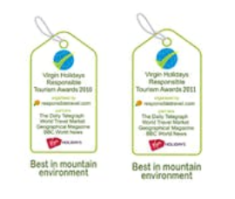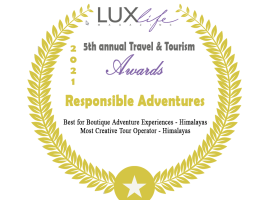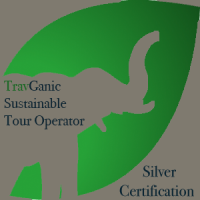Our founder, Rajesh Kumar Tamang, aka Raj, believes Charity begins at home. He says our biggest asset is our staff: happy porters, talented support crew, trekking chefs, and expert trek leaders. He says, “We value our staff highly.. after all, happy staff makes happy customers! We have handpicked and trained our field staff, who are experts in their duties to make your trek enjoyable.” Responsible Adventures is committed to a fair-trade approach and practice, namely Genuine Responsible Tourism. Providing our staff with a dignified working environment is of utmost importance. We pay our team a generous wage to help them improve their lives for themselves and their families. Another aspect of our CSR is making sure most of your money will benefit the region and the people you are trekking with. Despite being a relatively small company, we have set high standards and integrity. Our handpicked and highly trained employees can proudly say that we provide excellent value for money and unparalleled trekking services in the Himalayas.
Looking beyond our company walls, Raj has been volunteering as an instructor of Wilderness and Advanced Wilderness First Aid training to teach Trek leaders and trekking guides of international tour operators since 2011.
After the massive earthquake in April and May 2015, Raj helped Non-profit organisations by providing his employees as volunteers to help bring relief materials to affected villages in certain parts of Nepal.
He has volunteered to educate children on the policies of leaving no trace on hiking trips. Instead, he teaches the children to leave nothing but footsteps and take nothing but the appreciation of nature.

In December 2015, he went to the remote villages of Solu Khumbu, where most of his employees come from, with some donations to help partially with the maintenance and construction of schools.
Raj has volunteered as a “Medic” for outdoor events, such as the Nepal NCA Mountain Bike Championship on March 19th, 2016. In addition, Bhote Koshi expresses a kayak competition from October 25th until October 29th and the Kathmandu Mountain Bike Festival from the 18th to the 20th of October 2016.
















